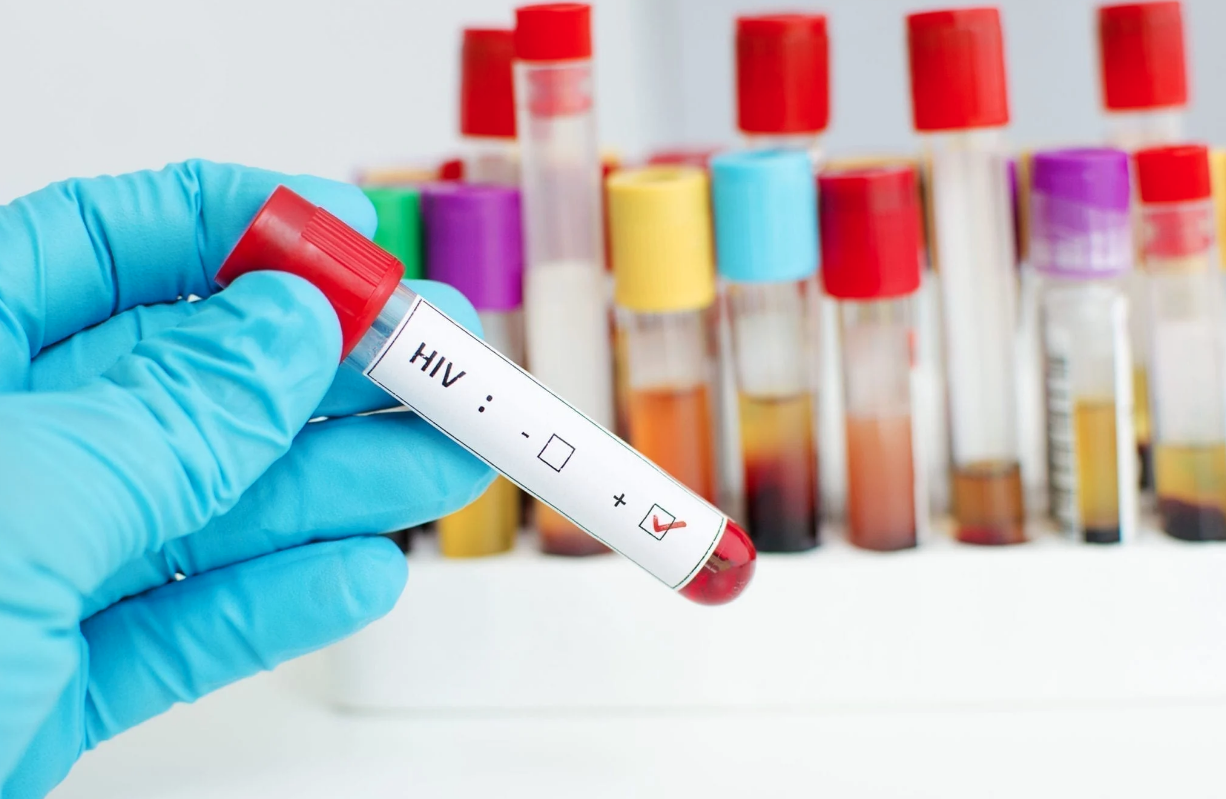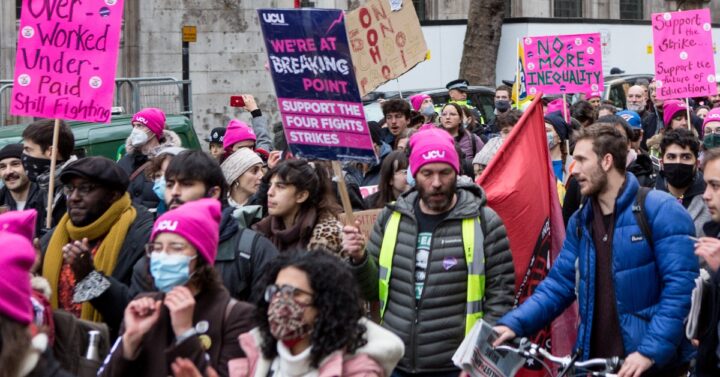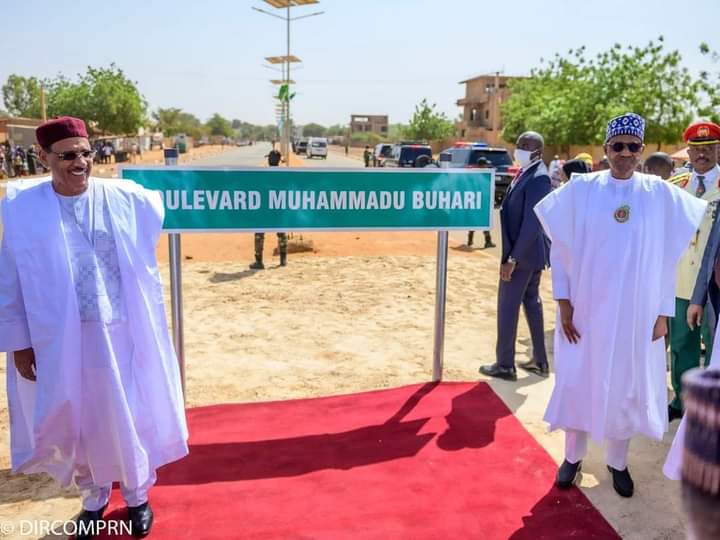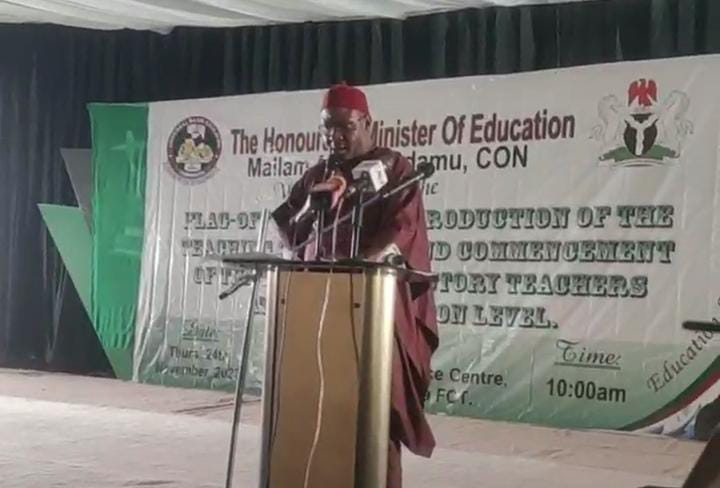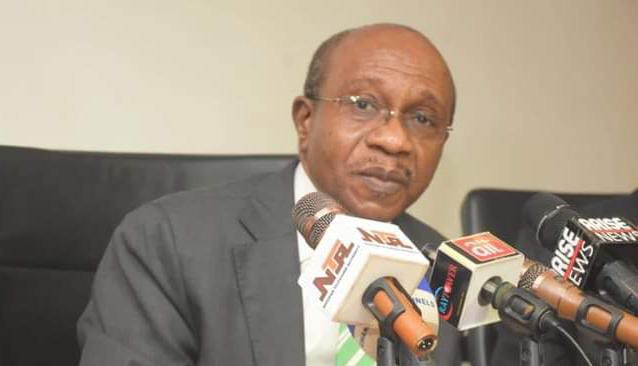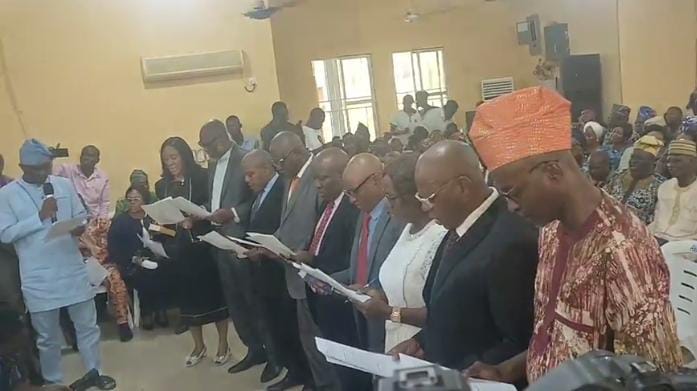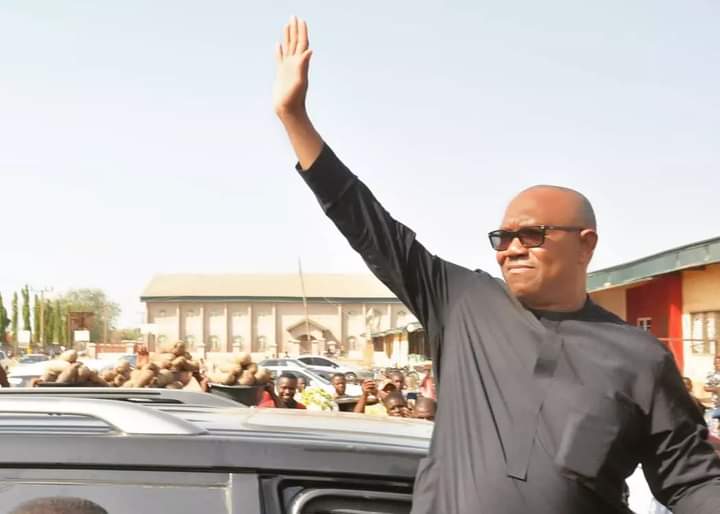The National Agency for the Control of HIV/AIDS (NACA) says 1.6 million persons are receiving treatment for HIV in Nigeria.
Gambo Aliyu, the director general of NACA, said this on Thursday at a media briefing ahead of 2022 World AIDS Day (WAD) which will be commemorated on December 1.
This year’s theme is: ‘Equalise to End AIDS: Equal Access to Treatment and Prevention Services’.
Aliyu said Nigeria has made some progress in the fight against HIV as new cases declined from 103,404 in 2019 to 92,323 in 2021.
Advertisement
“As at the end of September 2022, we have 1,619,133 persons on treatment, which represents a significant leap when compared to 838,020 persons in 2017,” he said.
“Our treatment sites have increased from 251 in 2007 to 2,262 in 2020; significant growth in key population treatment centres — 10 in 2017 with a coverage of 16,147 to 118 in 2021 with coverage of over 221,010.
“Pre COVID-19 molecular laboratory assessment done in 27 sites now in over 100 sites accessible for prevention and treatment purposes. Through alignment 2.0, HIV prevention and treatment is shifting ownership to states while guaranteeing continued partnership and support from donors.”
Advertisement
The director-general said more focus will be directed at ensuring increased availability, quality, and suitability of services for HIV treatment, testing, and prevention.
“Access to prevention, treatment, care and support services will be intensified for hard-to-reach populations, especially those communities circumscribed by conflict,” he added.
“Nigeria is happy to join the global community to affirm that we can end AIDS – if we end the inequalities which perpetuate it.”
Also speaking at the briefing, Osagie Ehanire, minister of health, said despite the availability of free treatment services, there is an unacceptable number of children living with HIV who are difficult to find and place on treatment.
Advertisement
The minister, who was represented by Akudo Ikpeazu, director, National AIDS and Sexually Transmitted Infection Control Programme (NASCP), said work must be done to address the inequalities which pose barriers to ending HIV/AIDS.
“We need to equalise access to essential HIV services, particularly for children, pregnant women, key populations and their partners and those in closed settings who are often forgotten,” he said.
“To do this, we must, in a consistent manner, address and remove all structural barriers that impact negatively on access to services.”
Advertisement
Add a comment
